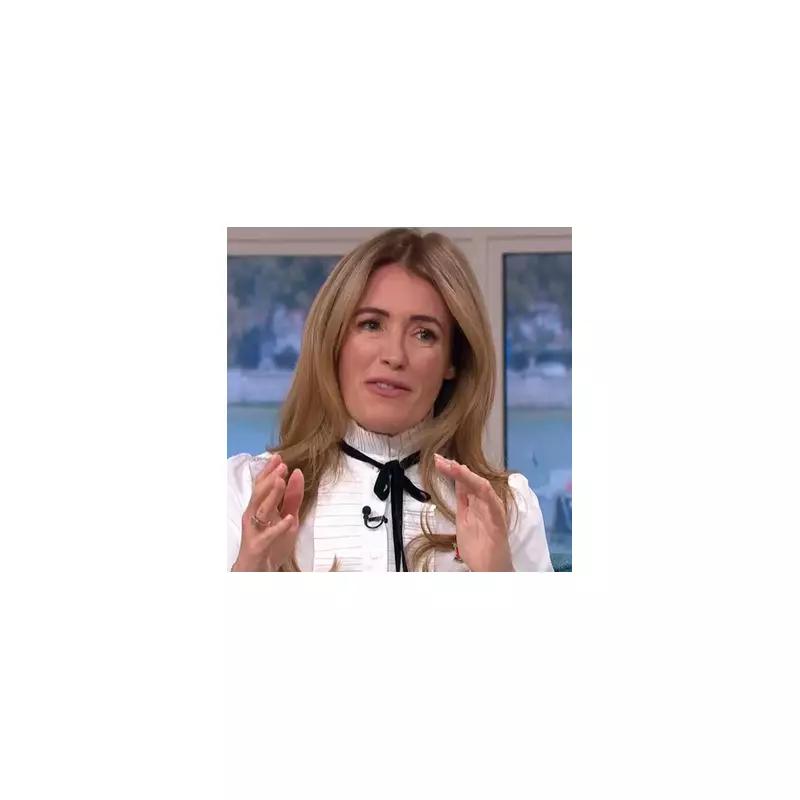
ITV's beloved This Morning presenter Cat Deeley has made a startling admission about the brutal reality of her early morning schedule, confessing she's left feeling "absolutely shattered" by the demanding routine.
The 3am Alarm That Changes Everything
In a remarkably honest revelation, Deeley detailed the punishing timetable that comes with hosting one of Britain's most popular daytime shows. "My alarm goes off at 3am," she disclosed, painting a picture of a routine that would test even the most resilient morning person.
The presenter, who shares two young children with husband Patrick Kielty, spoke candidly about the impact this schedule has on her family life and personal wellbeing.
Juggling Motherhood With Morning Television
Deeley didn't shy away from discussing the particular challenges of balancing her high-profile role with parenting responsibilities. "Trying to get small children out of the door for school while you're already several hours into your workday is a whole different kind of challenge," she explained.
The presenter revealed the careful coordination required between her and fellow presenter Ben Shephard to manage the intense workload while maintaining some semblance of normal family life.
Behind the Smiles: The Reality of Daytime TV
While viewers see the polished, professional presenter beaming from their screens each morning, Deeley pulled back the curtain on what really happens behind the scenes. The early starts, preparation time, and constant energy required to entertain the nation come at a significant personal cost.
"People see us smiling at 10am," she noted, "but they don't see the hours of work that went in before most people have even thought about breakfast."
A Candid Look at Television's Unsung Challenges
Deeley's frank discussion provides rare insight into the less glamorous aspects of television presenting, particularly for morning shows where presenters must project energy and enthusiasm regardless of their personal fatigue.
Her confession resonates with many working parents across the UK who struggle with their own versions of work-life balance, making the usually glamorous world of television presenting suddenly feel much more relatable.
The interview serves as a reminder that even those who appear to have it all figured out on screen face the same human challenges as the rest of us when the cameras stop rolling.






